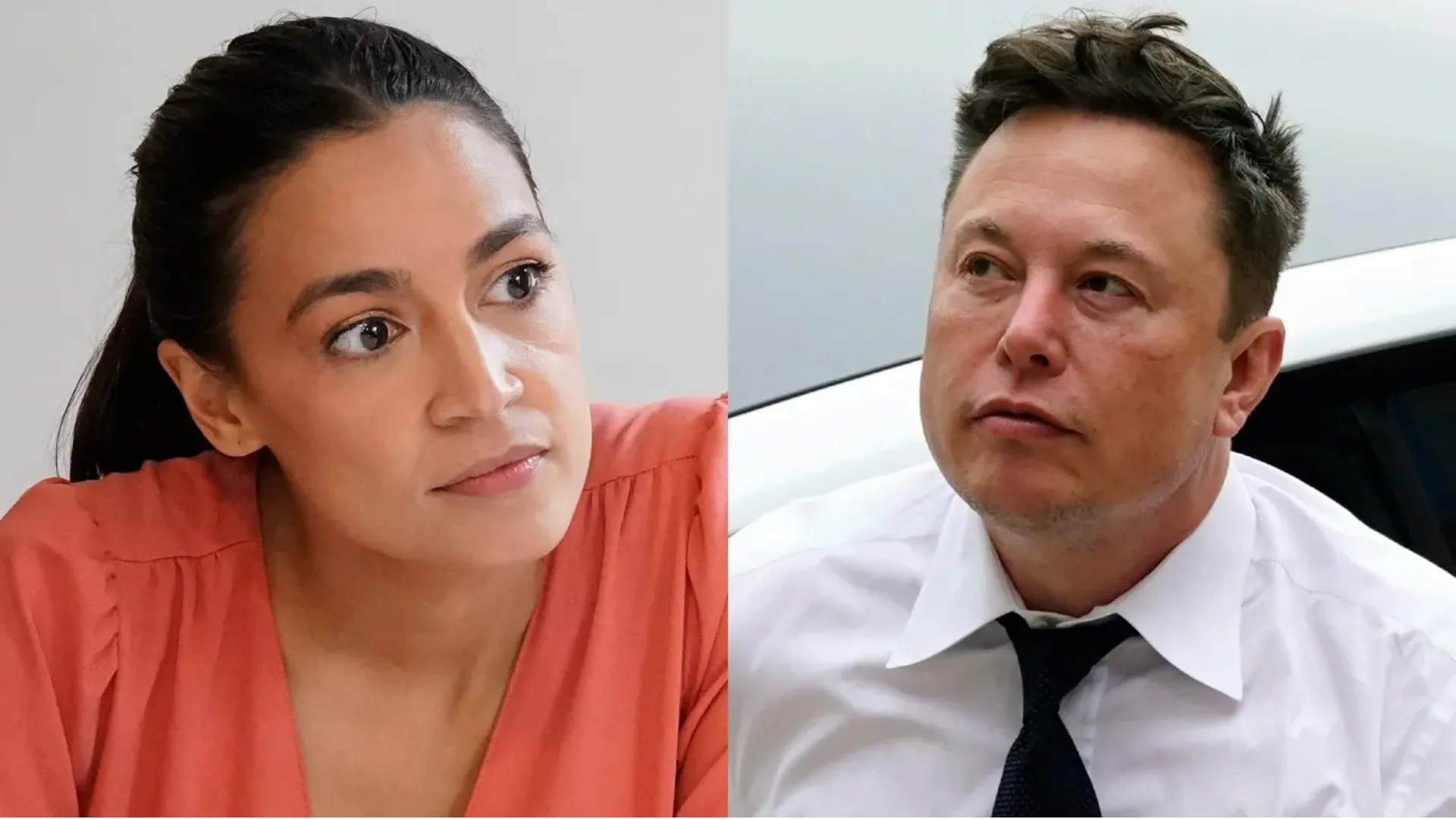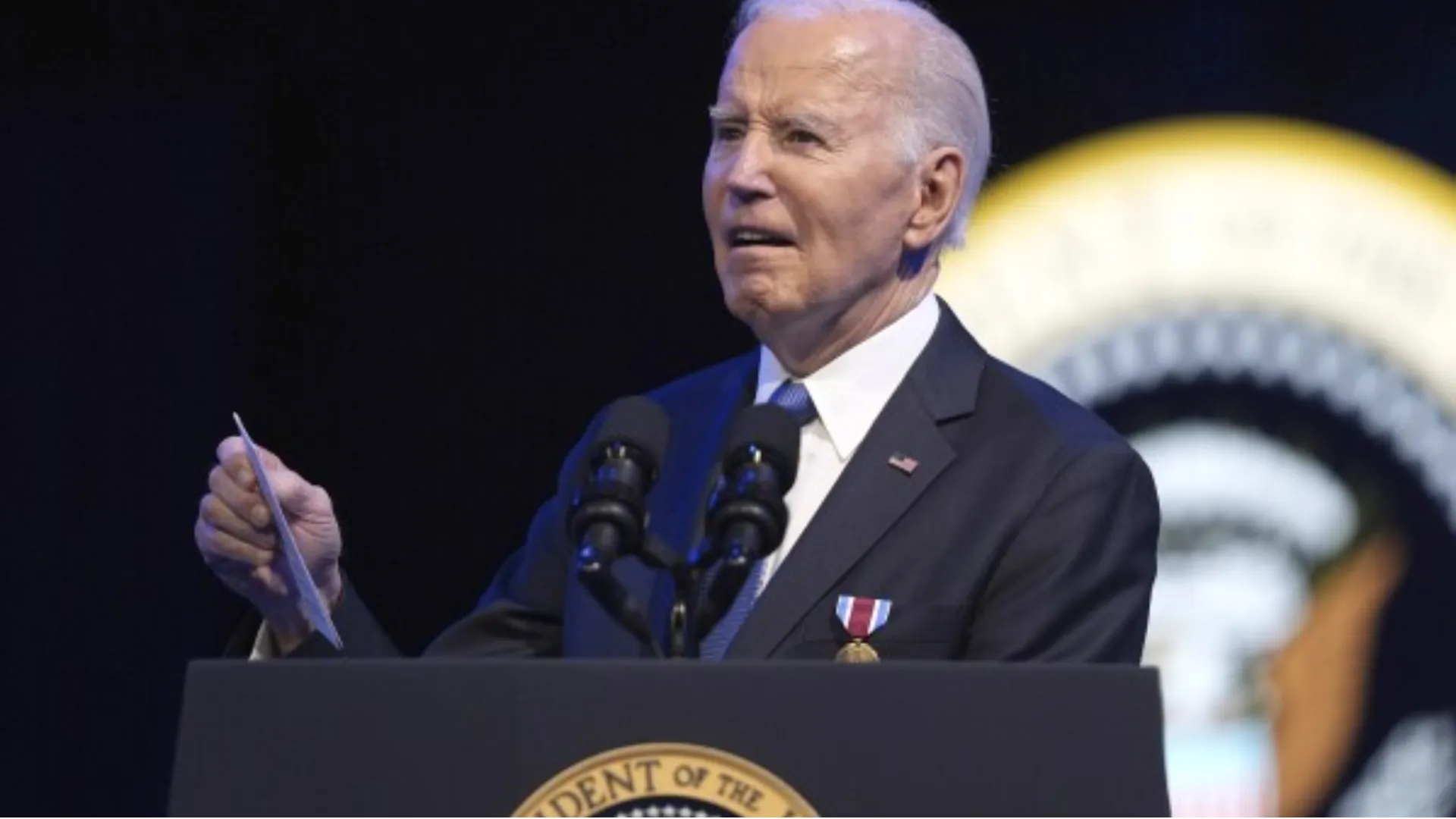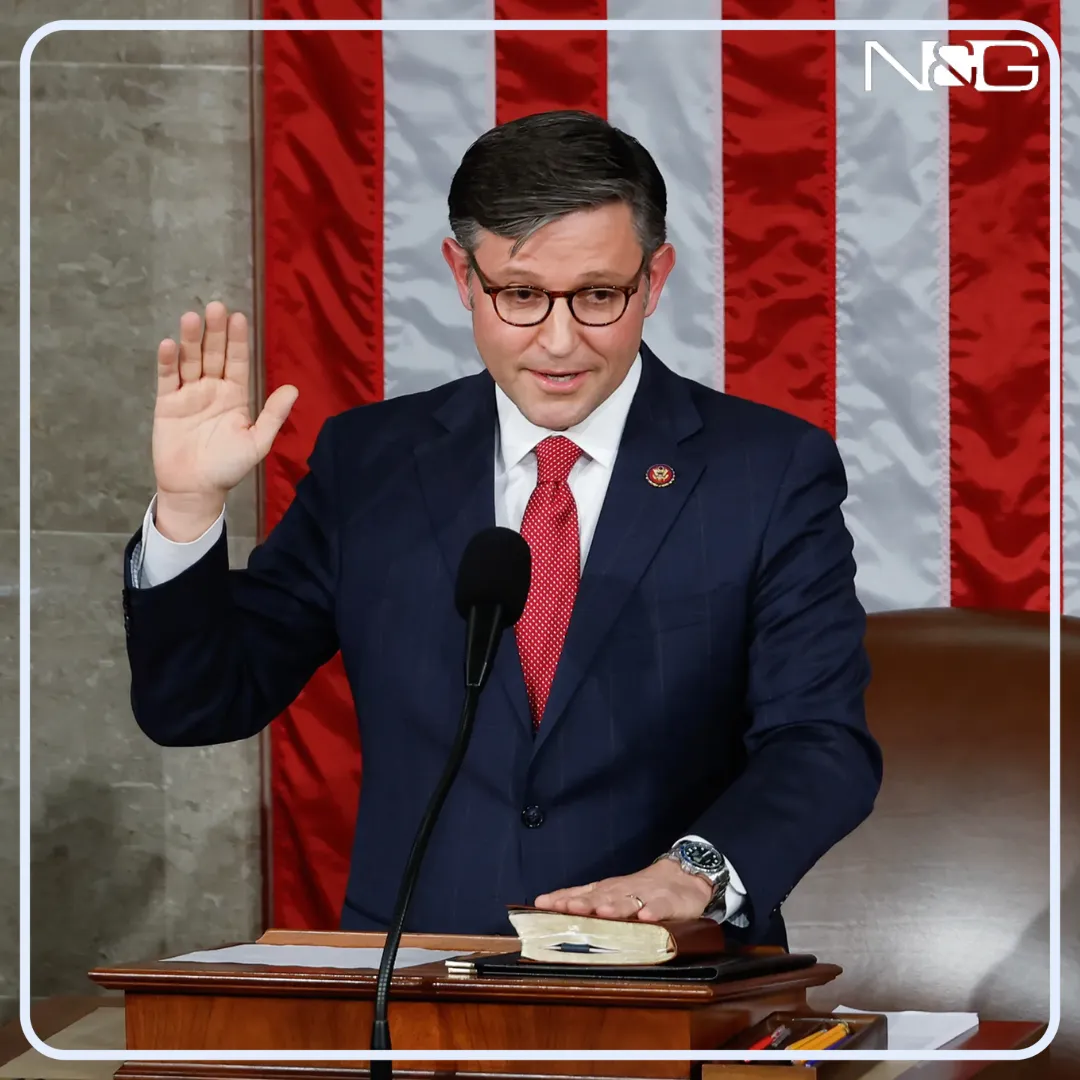
In a White House known for its bold personalities and internal drama, the escalating war of words between President Trump’s trade adviser Peter Navarro and tech magnate Elon Musk has exposed a significant fault line in the administration’s economic agenda.
At the center of the controversy is Trump’s sweeping and controversial tariff strategy—one that has not only rattled global markets but also put key members of his own inner circle at odds.
Appearing on NBC’s “Meet the Press” this weekend, Navarro sought to play down the public feud, insisting that his relationship with Musk remains “great,” despite the Tesla and SpaceX CEO publicly calling him a “moron” and “dumber than a sack of bricks.”
“I’ve been called worse,” Navarro said, brushing off the insults with his trademark bravado. “Elon and I are great. It’s not an issue.”
Still, the comments come after a week of public sparring between the two men, highlighting sharp disagreements over trade policy, the structure of the American manufacturing sector, and the direction of the country’s economic future.
The clash is not just a personal spat; it reflects deeper tensions within the Trump administration’s approach to trade and industrial strategy, at a time when the president is navigating a backlash to his aggressive tariff regime and facing mounting economic headwinds.
The latest flare-up began with Trump’s recent announcement of a 90-day pause on some of the most severe tariffs targeting U.S. trade partners, while maintaining steep duties on Chinese imports.
The move, which came after several weeks of market turmoil and pressure from business leaders, was seen by many as a concession to critics of the tariff strategy—including Musk, who has long advocated for global tariff reduction.
Musk, who previously pushed for a “zero tariff situation” with Europe and other major trading partners, wasted no time criticizing Navarro’s pro-tariff stance. In a series of posts on X (formerly Twitter), Musk said Navarro “doesn’t understand how global supply chains work” and accused him of spreading “demonstrably false” information about Tesla’s production processes.

The tech billionaire was responding to Navarro’s claim that Tesla is not truly a car manufacturer, but rather a “car assembler” that relies on imported parts.
Navarro, a longtime China hawk and advocate of U.S. manufacturing, has used this line of argument to justify the administration’s tariffs, which he says are necessary to bring jobs back to American soil and reduce dependence on foreign components.
“Tesla doesn’t make cars—they assemble parts from all over the world,” Navarro said during a press event last week. “That’s not the same thing as building something from the ground up here in the United States.”
Musk fired back forcefully. “Navarro is truly a moron,” he wrote on X. “Tesla has the most American-made cars, according to every independent study. We build our batteries, drivetrains, and most components right here in the U.S.”
The spat quickly spiraled into a high-profile feud, with economic analysts, politicians, and business leaders weighing in on what the dust-up means for the Trump administration’s trade policy and its fragile coalition of nationalist conservatives and pro-business technocrats.
At the heart of the Navarro-Musk feud is a larger philosophical divide over how to build a resilient and prosperous American economy. Navarro represents the traditional economic nationalist wing of the Trump administration, arguing that the U.S. must aggressively defend its industries, use tariffs to level the playing field, and reject the globalist consensus that has dominated trade policy for decades.
Musk, on the other hand, embodies the techno-libertarian ethos that prioritizes innovation, free trade, and interconnected global markets. While both men share a distrust of China and support for reshoring some critical industries, their visions diverge sharply when it comes to the role of government and the utility of protectionist tools.
“Musk’s model is built on global efficiency,” said Dr. Laura Hightower, a professor of economics at Georgetown University. “Navarro’s model is built on national self-sufficiency. These two visions are in conflict, and we’re seeing that tension boil over in public.”
Indeed, Musk’s companies—Tesla, SpaceX, and others—depend heavily on global supply chains, foreign engineers, and international market access. Tariffs disrupt this system and make it harder for him to deliver cost-competitive products.

Navarro, meanwhile, views Musk’s business model as part of the problem—a symbol of American companies that reap the benefits of the U.S. consumer market while outsourcing jobs and manufacturing.
The White House, for its part, has sought to downplay the conflict. During a press briefing on Tuesday, Press Secretary Karoline Leavitt dismissed concerns about internal division, calling the spat an example of “healthy debate” within the administration.
“These are obviously two individuals who have very different views on trade and tariffs,” Leavitt said. “Boys will be boys, and we will let their public sparring continue. You guys should all be very grateful that we have the most transparent administration in history.”
Leavitt’s response may have been an attempt to inject humor into a tense situation, but it also underscored the Trump administration’s tolerance—and at times encouragement—of public infighting among its top figures. In Trump’s political universe, conflict is often seen as a sign of authenticity and passion, rather than dysfunction.
Still, behind the scenes, sources say the feud has raised concerns among some Republican lawmakers and business leaders, who worry that the administration’s mixed messaging on trade could hurt its economic credibility and complicate ongoing negotiations with allies and adversaries alike.
“On one hand, you’ve got Trump pulling back on tariffs because of market pressure. On the other hand, Navarro is doubling down. And then Musk is blasting everyone on social media. It’s chaos,” said one GOP strategist who requested anonymity.
Adding to the intrigue is Musk’s dual role as both a private-sector CEO and a powerful Trump administration adviser. As the head of the Department of Government Efficiency (DOGE), Musk has spearheaded major reforms to federal agencies, including mass layoffs, data overhauls, and sweeping changes to procurement and staffing.
While Musk has clashed with Navarro over trade, he remains a key ally of President Trump and has been given wide latitude to shape federal policy in ways that would have been unthinkable in past administrations. This has raised eyebrows, particularly among watchdog groups who see potential conflicts of interest between Musk’s public role and his private business interests.

“Musk is essentially trying to play both sides,” said Jordan Whitaker, a legal analyst with the Center for Public Accountability. “He wants to be the disruptor-in-chief, but he also wants to protect his bottom line. When those two goals collide, it gets messy.”
Musk’s critics argue that his position allows him to undercut traditional policy mechanisms while advancing his own interests. His supporters say he brings much-needed innovation and urgency to a sclerotic federal bureaucracy.
Despite the criticism, Navarro remains a fixture in the Trump administration’s inner circle. Known for his combative style and academic background in economics, he has been one of the most consistent voices advocating for protectionist trade policies, even when they have come under intense fire from economists and industry groups.
Navarro has long argued that America’s trade deficits are a sign of weakness and that bringing manufacturing back to the U.S. is essential for both economic and national security. In his view, companies like Tesla should be doing more to source materials domestically and reduce reliance on foreign suppliers.
“Elon wants to talk about innovation, but innovation doesn’t mean much if it’s all built on supply chains controlled by our adversaries,” Navarro said in a recent podcast appearance. “We need to think about strategic resilience.”
The Navarro-Musk feud may seem like political theater, but it has real policy implications. It illustrates the deep divisions within the Trump administration over how to approach the global economy—and whether the goal should be integration or insulation.
While Trump’s temporary pause on tariffs suggests he’s willing to adjust based on political pressure and economic data, the underlying tension remains unresolved. Musk is not likely to stop criticizing trade policy that undermines his business model, and Navarro is not likely to soften his stance on economic nationalism.
As the administration prepares for midterm battles and ongoing trade negotiations, it must find a way to reconcile these competing visions—or risk sending mixed signals to markets, voters, and global partners.
The public spat between Peter Navarro and Elon Musk is more than just two strong personalities clashing—it is a microcosm of the ideological rift within the Trump administration itself. One side envisions a self-sufficient, tariff-protected America. The other sees global integration and innovation as the path forward.
Whether Trump can continue to balance these competing forces within his own administration may ultimately determine the success or failure of his second-term economic agenda. For now, the fight rages on, with Navarro and Musk trading barbs in public while their policy prescriptions compete behind closed doors.
And in this administration, that fight may be far from over.




